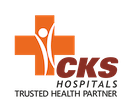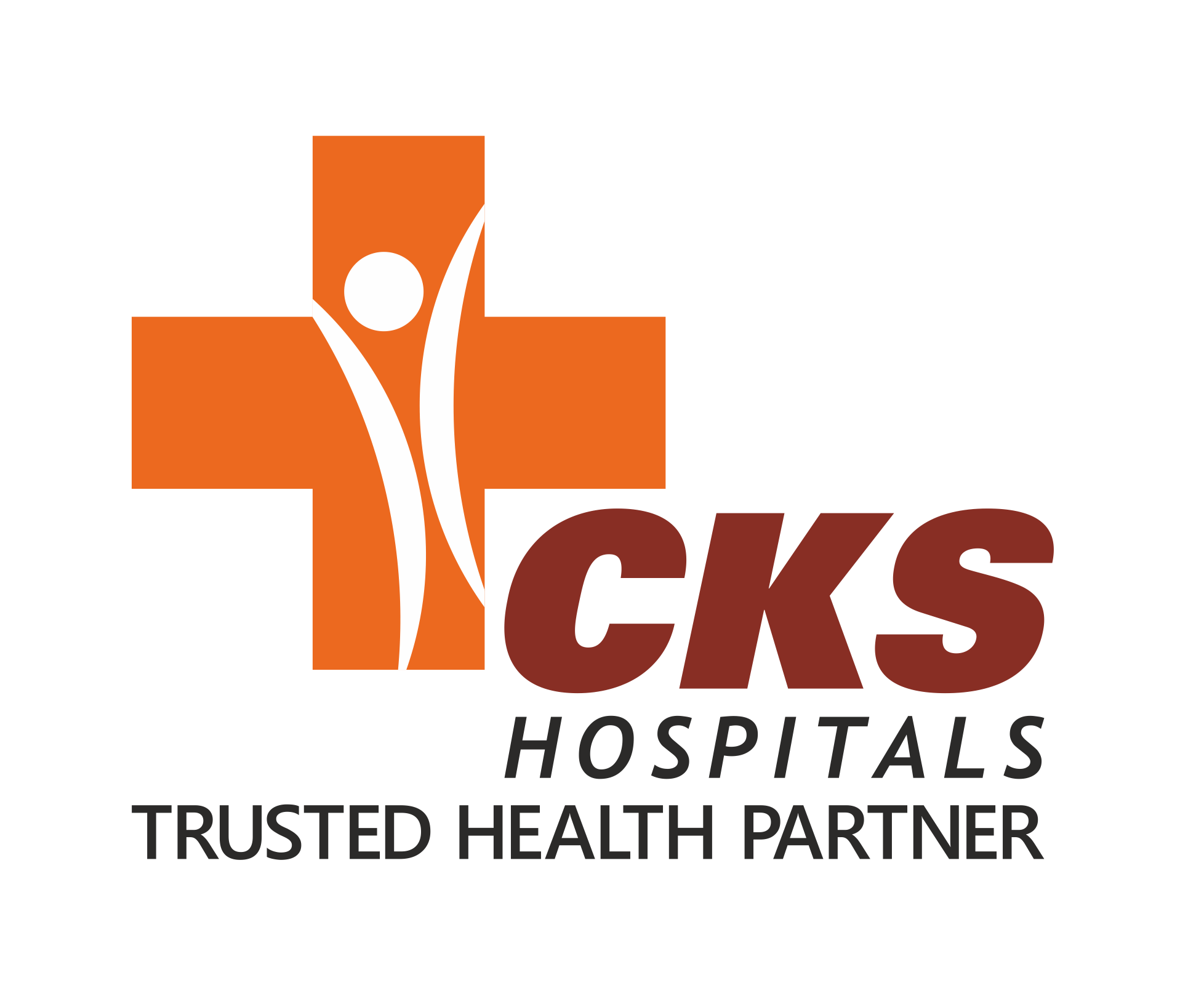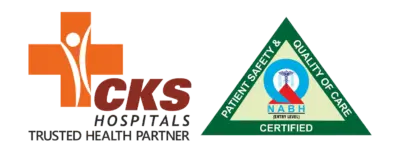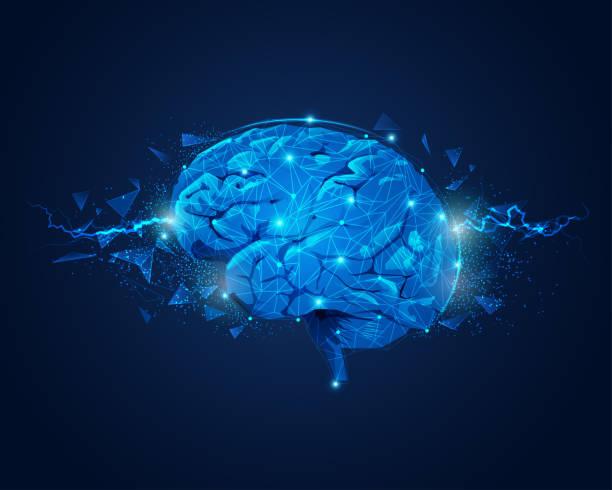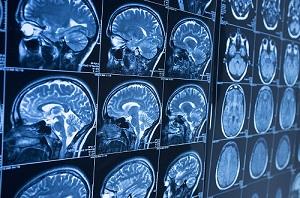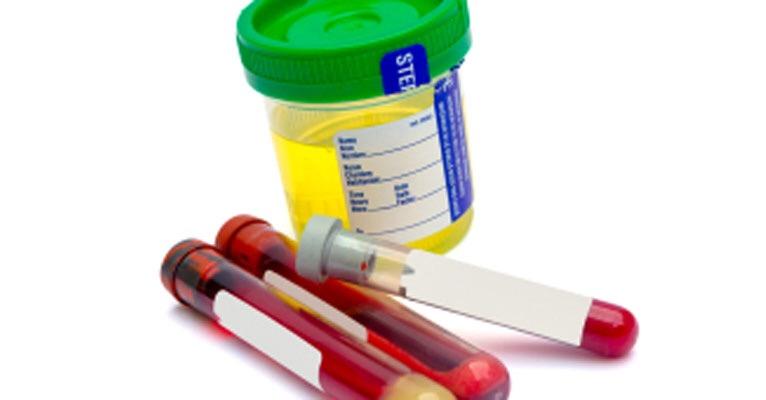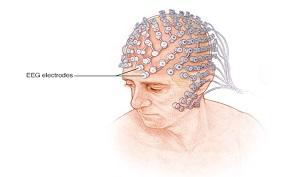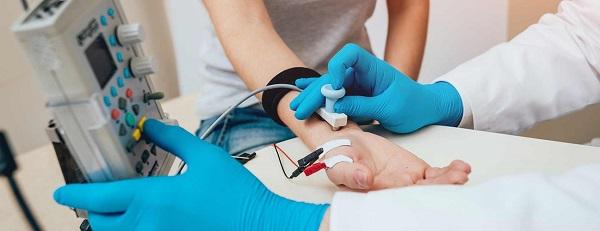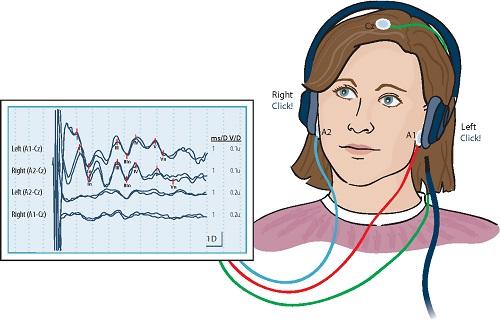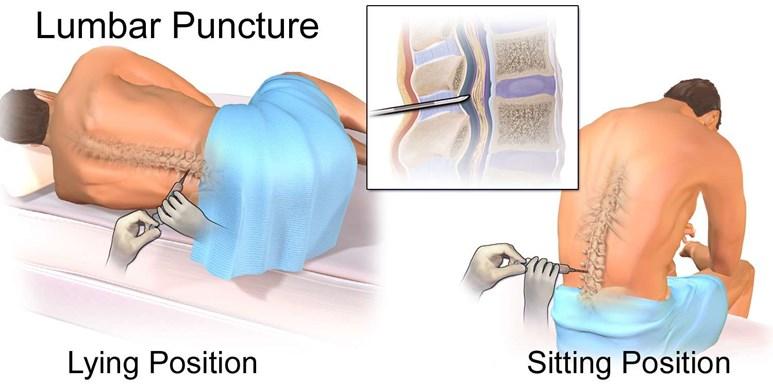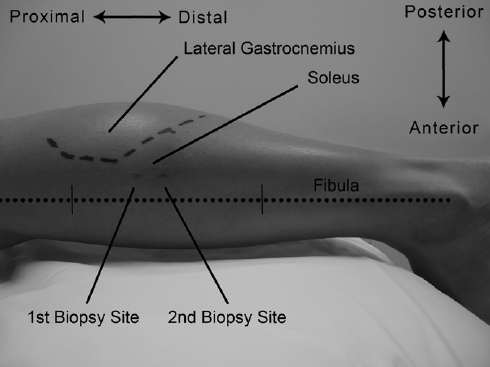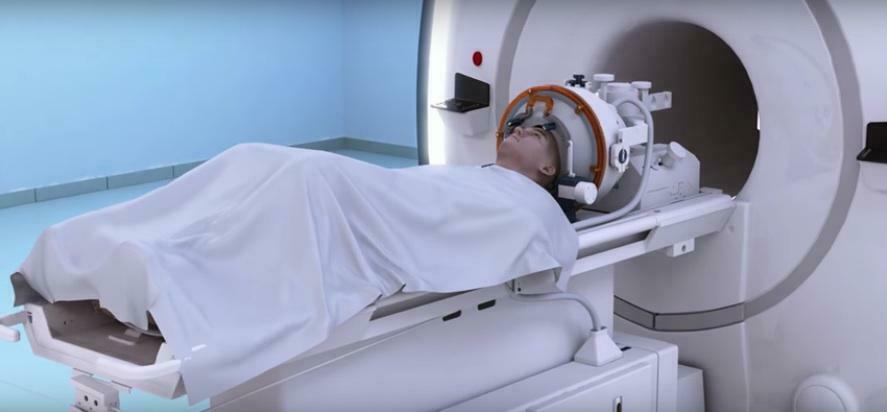Neurosurgeons examine the need for surgery through diagnoses and afterwards recommend surgery for the brain. There are several brain surgeries a neurosurgeon performs, such as:
- Craniotomy (A craniotomy is the surgical removal of part of the bone from the skull to expose the brain. Specialized tools are used to remove the section of bone called the bone flap. The bone flap is temporarily removed, then replaced after the brain surgery has been done.)
- Biopsy (A biopsy is a procedure to remove a piece of tissue or a sample of cells from your body so that it can be analyzed in a laboratory. If you’re experiencing certain signs and symptoms or if your doctor has identified an area of concern, you may undergo a biopsy to determine whether you have cancer or some other condition.)
- Minimally invasive endonasal endoscopic (Endoscopic endonasal surgery is a minimally invasive technique that allows a surgeon to go through the nose to operate on areas at the front of the brain and the top of the spine.A thin tube called an endoscope is thread through your nose and sinuses)
- Minimally invasive Neuroendoscopy ( is a minimally-invasive surgical procedure in which the neurosurgeon removes the tumor through small holes (about the size of a dime) in the skull or through the mouth or nose.)
- Deep brain stimulation (is an elective surgical procedure in which electrodes are implanted into certain brain areas. These electrodes, or leads, generate electrical impulses that control abnormal brain activity. The electrical impulses can also adjust for the chemical imbalances within the brain that cause various conditions. Stimulation of brain areas is controlled by a programmable generator that is placed under the skin in the upper chest.)
Just after the brain surgery is completed, surgeons monitor the patient to see if everything is working fine or not. The stay time in the hospital can last up to a week. However, the stay is dependent on the type of procedure carried upon you. Doctors may prescribe you to take medications for some time after the surgery.
Managing all acute conditions like diabetes and high blood pressure under medical assistance is important to prevent neurological problems.
Neurosurgery is a treatment for some neurological ailments such as:
– Cerebrovascular problems such as aneurysms and blood clots
– Stroke
– Tumours
– Injuries
– Nerve damage
– Epilepsy
– Parkinson’s disease
Few other classifications of neurosurgeries are:
Base Of Skull Surgery: Specialized surgical intervention performed at the base of the skull area.
Spinal Surgery: Surgery of the spine to cure injuries or other neurological conditions.
Peripheral Nerve Surgery: Surgery to treat neurological disorders in the nerves outside of the brain and the spine.
